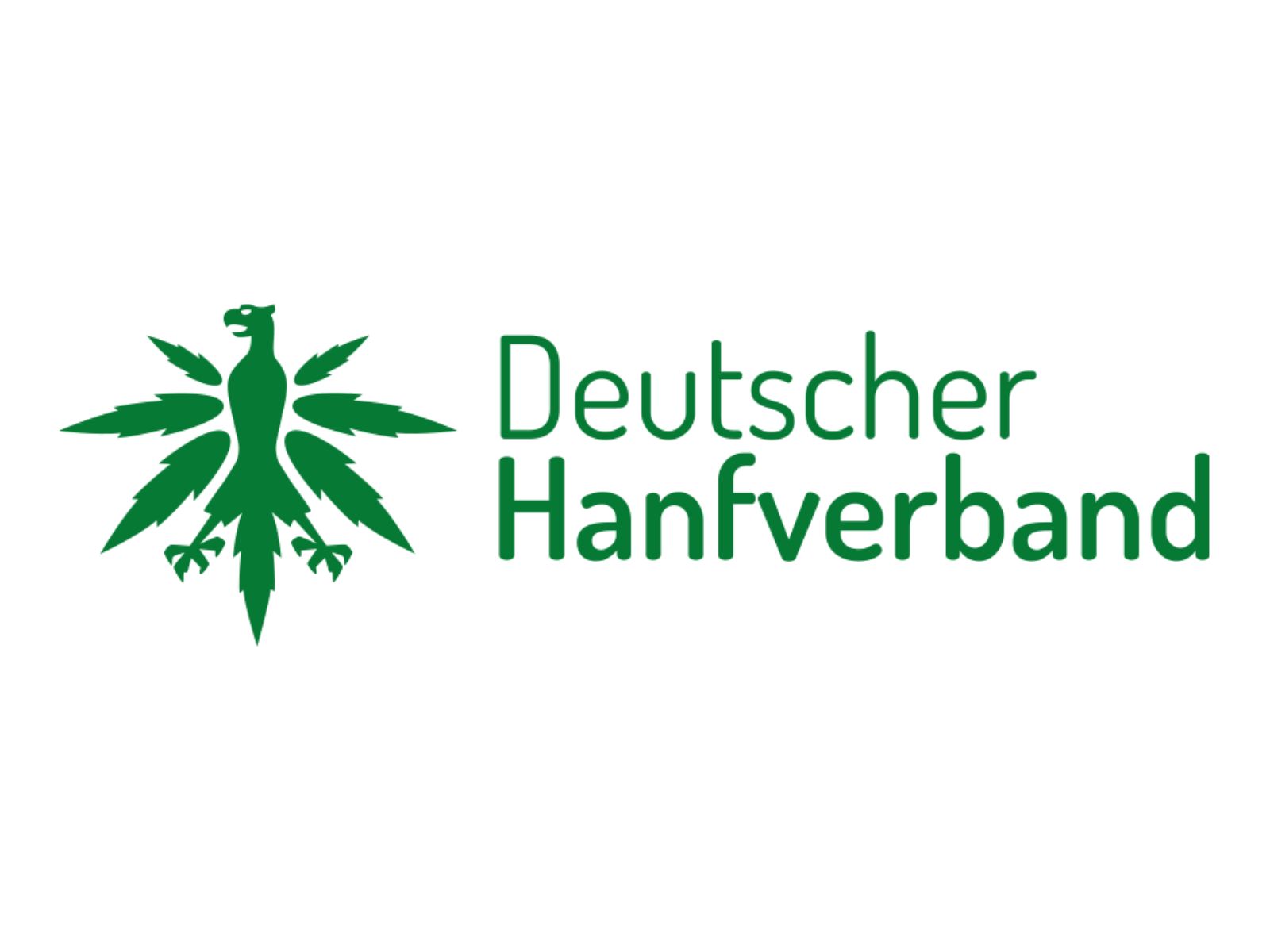
Second Pillar Of German Cannabis Legalization Inches Forward

Second Pillar Of German Cannabis Legalization Inches Forward
When lawmakers in Germany agreed to legalize cannabis for adult use they planned on rolling out German legalization in two phases, or ‘pillars.’ The first pillar involved legalizing the cultivation, possession, and consumption of cannabis by adults along with permitting noncommercial cannabis clubs.
The second pillar will involve launching regional adult-use cannabis commerce pilot trials, and according to domestic reporting in Germany, the regulatory body that will oversee the pilot trials was recently identified in a circulated proposal.
A draft regulation is being circulated in German cannabis association circles, and the ministry led by Cem Özdemir (Greens) is proposing that the enforcement authority for the “authorization and monitoring of the use of cannabis for scientific purposes” be vested in the Federal Agency for Agriculture and Food.
“We are hopeful that a practical way will be created to legally sell cannabis products in Germany – at least in some scientific projects,” stated Jürgen Neumeyer from the Cannabis Industry Association according to initial reporting by Spiegel.
“There is great interest among our members,” Neumeyer also stated, “without an opportunity to sell cannabis directly to consumers, we will not be able to push back the black market.”
Whereas the European Union prohibits nationwide recreational cannabis sales, regional adult-use cannabis commerce pilot trials are permitted by the European Union because they are focused on research. Such pilot trials are already underway in Switzerland and the Netherlands, although they are more limited in size and scope compared to what is expected in Germany.
Germany’s regional adult-use cannabis pilot programs cannot launch until rules and regulations are in place, and that cannot happen without a regulatory entity overseeing the nation’s cannabis pilot programs. With that in mind, the proposal for the Federal Agency for Agriculture and Food to be that entity is a significant milestone for Germany’s continued legalization implementation effort.
Cannabis supporters in Germany’s government appear to be pursuing the regulatory route through the Federal Agency for Agriculture and Food rather than pursuing a separate piece of legislation to launch pilot programs. Government officials seem convinced that the agency’s regulatory authority is already established, and that going this route will expedite the launch of pilot trials in Germany.
Meanwhile, the first reading of a ‘readjustment’ measure will occur in the Bundestag this week, with the reading set to occur on Thursday, May 16th, 9:10 p.m.
“Just a few weeks after the adoption of the consumer cannabis law, the coalition factions of the SPD, Alliance 90/The Greens and FDP want to readjust the regulation. The draft law “to amend the Consumer Cannabis Act and the Medical Cannabis Act” is to be discussed in the first reading on Thursday, May 16, 2024 and, after a 30-minute debate, will be referred to the lead health committee for further discussion.” states an announcement on the Bundestag website.
“The coalition factions’ bill “to amend the Road Traffic Act and other road traffic regulations”, which is not yet available but is also up for discussion and is intended to set a cannabis limit in road traffic, should be referred to the Transport Committee.” the Bundestag announcement also states. The announcement also lists the following:
Amendment to the Consumer Cannabis Act
The background to the readjustment is the protocol statement that the federal government made on the Cannabis Act at the meeting of the Federal Council on March 22, 2024. It is said that the changes should take into account the concerns and wishes of the countries. The evaluation provided for in the Consumer Cannabis Act is to be expanded and the control of cultivation associations by the states is to be made more flexible.In addition, the states should be given room for maneuver when dealing with large-scale cultivation areas. In addition, the Federal Center for Health Education is planning to develop a further training program for addiction prevention specialists in the states and municipalities.
Amendment to the Road Traffic Act
The amendment to the Road Traffic Act is intended to introduce a THC limit (tetrahydrocannabinol) in road traffic and a ban on alcohol for cannabis users.According to the new regulations, the limit value should in future be 3.5 nanograms per milliliter. If you exceed the limit for the first time, you risk a fine of 500 euros and a one-month driving ban. (hau/04/29/2024)
Noncommercial cannabis clubs, which are part of the first pillar of Germany’s new cannabis law, are still expected to launch in July of this year. A year ago, proposed regulations pertaining to German cannabis clubs were leaked, and included the following:
- All club properties where cannabis is cultivated and/or stored have to be tightly secured
- Every club has to have a ‘trained addiction and prevention officer’
- Must comply with residue limits for pesticides and fertilizers
- Must track cannabis from seed
- Annual reporting of crop amounts, including cannabinoid percentage (THC and CBD)
- Club members only
- 50 grams per month limit for over 21 years old
- 30 grams per month limit for 18-20 years old
- THC percentage cap for 18-20 years old (ten percent THC)
- Neutral packaging
- Labeled with specific harvest information
In addition to club provisions, items pertaining to individual use were also reportedly included in the previously leaked draft. Consumption would be prohibited “within a radius of 250 meters from schools, daycare centers, playgrounds, youth facilities or sports facilities” according to the leaked draft regulations. Also, consumption “should also not be permitted in pedestrian zones between 7 a.m. and 8 p.m.”
Share article
Ticket Prices increase €200
On March 18th

Ticket Prices increase €200
On March 18th

Ticket Prices increase €200
On March 18th
Share article
Join Our Awesome Community
Join Our Awesome Community
Join Our Awesome
Community
Get all the latest industry news
delivered to your inbox







